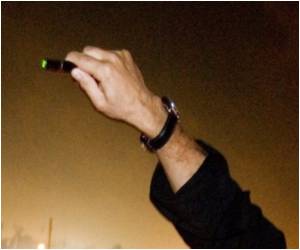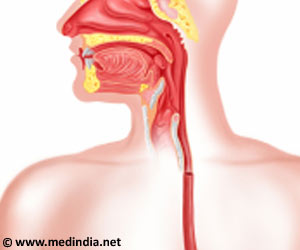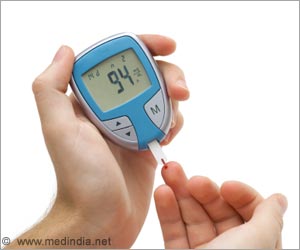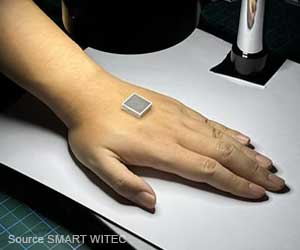Scientists have developed a liquid nanoscale laser that could lead to practical applications, such as a new form of a 'lab on a chip' for medical diagnostics.

Nanoscopic lasers, first demonstrated in 2009, are only found in research labs today. They are, however, of great interest for advances in technology and for military applications. In addition to changing color in real time, the liquid nanolaser has additional advantages over other nanolasers: it is simple to make, inexpensive to produce and operates at room temperature.
"We believe this work represents a conceptual and practical engineering advance for on-demand, reversible control of light from nanoscopic sources," said lead researcher Teri W. Odom from the Northwestern University.
The liquid nanolaser in this study is not a laser pointer but a laser device on a chip. The laser’s color can be changed in real time when the liquid dye in the microfluidic channel above the laser’s cavity is changed.
The laser’s cavity is made up of an array of reflective gold nanoparticles, where the light is concentrated around each nanoparticle and then amplified. In contrast to conventional laser cavities, no mirrors are required for the light to bounce back and forth.
Small lasers can be used in on-chip light sources for optoelectronic integrated circuits and in optical data storage and lithography. They can operate reliably at one wavelength and are faster than conventional lasers, the study said.
Source-IANS
 MEDINDIA
MEDINDIA




 Email
Email



